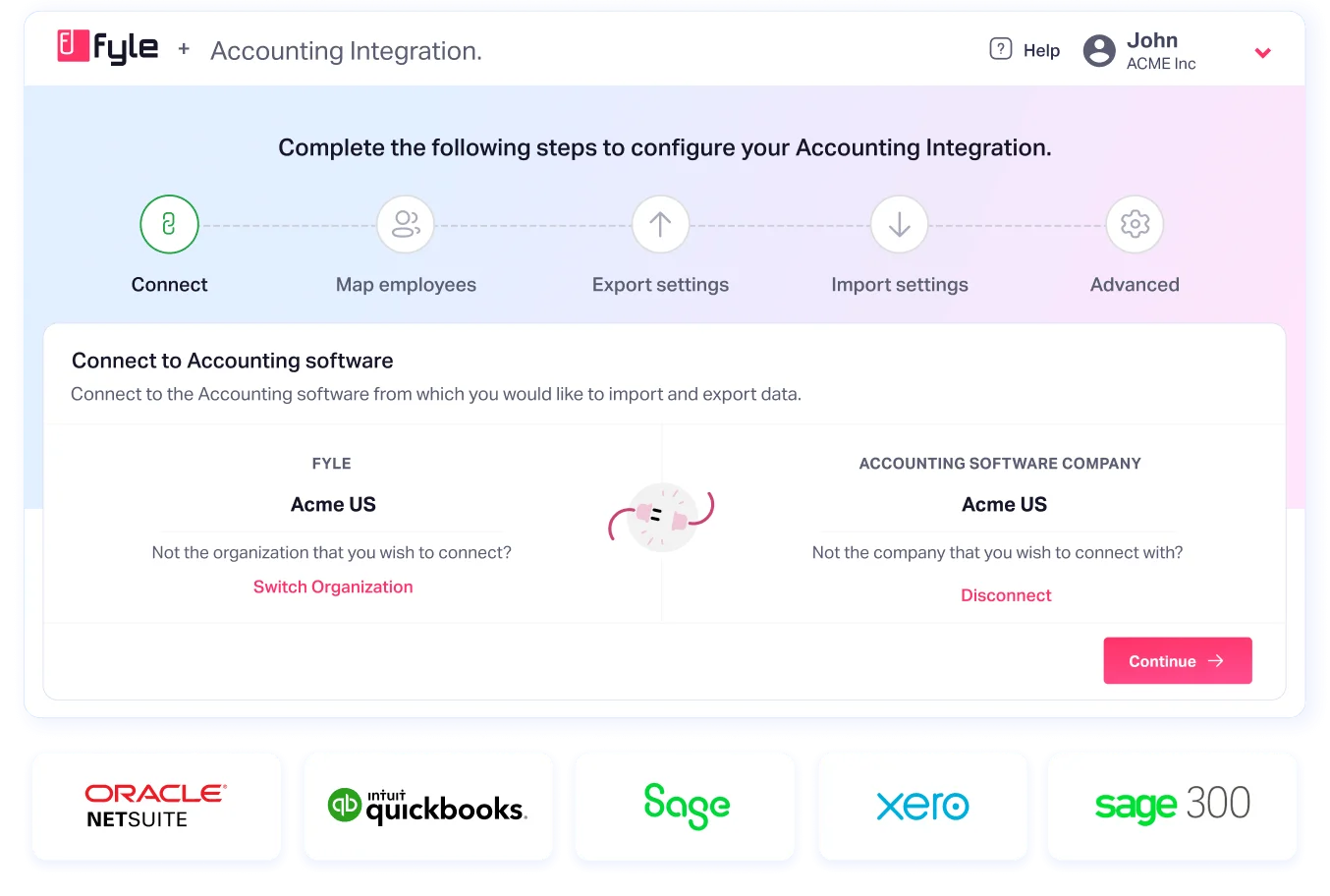Your most finite resource is time. Yet, how many hours does your team lose each month to the tedious, repetitive task of credit card reconciliation? If you’re like most, the process is a frustrating marathon of downloading statements, chasing employees for receipts, and manually matching every single line item in a spreadsheet.
Customers often tell us they dread receiving credit card statements because they are so time-consuming. This isn't just an operational slowdown; it's a significant drain on productivity that prevents your finance team from focusing on high-value, strategic work. It’s time to stop the clock on manual reconciliation and reclaim those hours.
How a Time-Consuming Reconciliation Process Slows Your Business
A slow reconciliation workflow is one of the top triggers that pushes finance leaders to seek an automated solution. The manual effort involved creates a ripple effect of inefficiency across the entire organization.
The Manual Grind of Matching and Coding
The traditional process is a textbook example of inefficiency. It can take 5-6 hours to reconcile just one credit card statement—a task that often feels like somebody's full-time job. This forces highly skilled financial professionals to spend their valuable time on low-value data entry instead of analysis.

Chasing People Instead of Analyzing Data
A significant portion of the reconciliation delay comes from simply waiting on others. Finance teams spend an inordinate amount of time chasing after employees for receipts and clarifications. This necessary but unproductive follow-up shifts the finance team's role from strategic advisors to administrative clerks.

The Ripple Effect of Delayed Data
A slow reconciliation process means your financial data is always outdated. With traditional bank feeds, you often have to wait 48-72 hours for transactions even to appear, which inevitably delays month-end closures. This prevents you from providing timely reports and forces leadership to make critical decisions based on an incomplete financial picture.

Why Time-Consuming Reconciliation is a Critical Hurdle Across Industries
While every business feels the pain of a slow reconciliation cycle, the consequences are particularly damaging in specific sectors that rely on speed and accuracy.
Construction
In the construction industry, project profitability hinges on accurate, real-time cost tracking. A time-consuming manual reconciliation process means you don't know your true job costs until weeks after the fact.
This makes it impossible to track budgets in real-time and identify potential cost overruns before they escalate. This data lag isn't just an inconvenience; it's a direct threat to the financial health of every project.
Non-Profit
Nonprofits operate under intense scrutiny from donors, grantors, and auditors. They need to provide clear, timely, and accurate reports on how every dollar is spent. A lengthy reconciliation process drains time and resources away from the organization's core mission. More importantly, it delays the creation of the transparent financial reports necessary to maintain grant compliance and donor trust.

IT & Tech
Tech companies, especially fast-scaling SaaS businesses, operate in a high-velocity environment. They manage a large volume of digital expenses, from cloud services to software subscriptions, across multiple teams.
A slow, manual reconciliation process creates a significant administrative drag that prevents the finance function from keeping pace with the rest of the organization, hindering its ability to provide the granular expense insights needed to manage budgets effectively.
Also Read
How Sage Expense Management (Formerly Fyle) Gives You Time Back
Sage Expense Management is an AI-powered expense management platform built from the ground up to eliminate delays and give your team its time back.
Automate Reconciliation in Minutes with Real-Time Feeds

Sage Expense Management provides real-time transaction feeds by partnering directly with Visa and Mastercard. This means you don’t have to depend on the bank or wait for statements. Transactions appear in your dashboard the moment a card is swiped, and its AI-powered engine automatically matches them to the corresponding receipt. This reduces the entire reconciliation process to under 2 minutes.
Eliminate the Chase with Effortless Employee Submissions

We make submitting receipts so easy that it becomes a habit. When an employee makes a purchase, they can receive an instant notification and simply reply with a photo of the receipt. They can also submit e-receipts directly from their Gmail or Outlook inboxes. This streamlined process has helped our customers reduce receipt submission times from up to 30 days to as little as one day.
Streamline the Final Step with Direct Integrations

Sage Expense Management closes the loop by syncing seamlessly with your accounting software. It offers deep, two-way integrations with QuickBooks Online, QuickBooks Desktop, Sage Intacct, Xero, and NetSuite. Once expenses are approved, all the clean, coded data flows directly into your general ledger, eliminating the final time-consuming step of manual data entry and ensuring a faster month-end close.
Reclaim Your Team's Most Valuable Asset
Your finance team's time is too valuable to be wasted on manual reconciliation. By automating the entire workflow, Sage Expense Management transforms your most time-consuming task into one of your most efficient, freeing up your team to focus on the strategic work that drives your business forward.
Schedule a demo to see how it can give you back your time.





.jpg)














